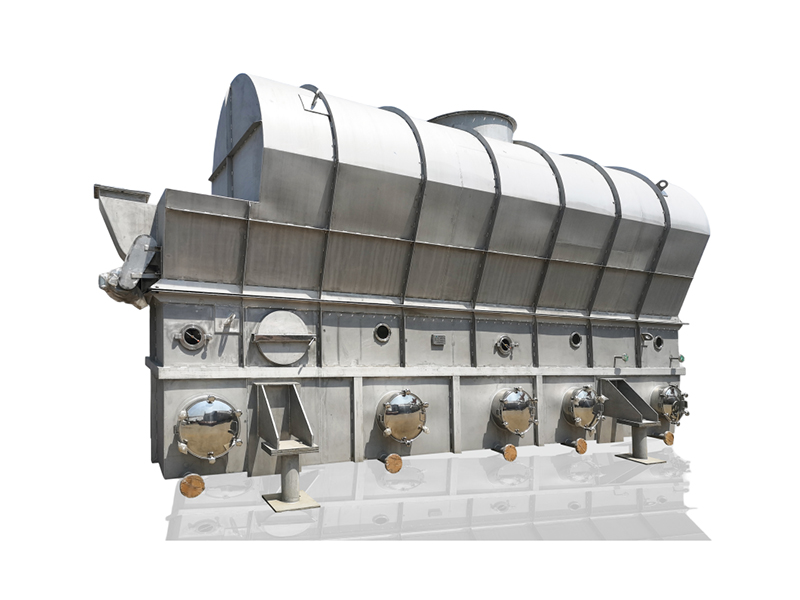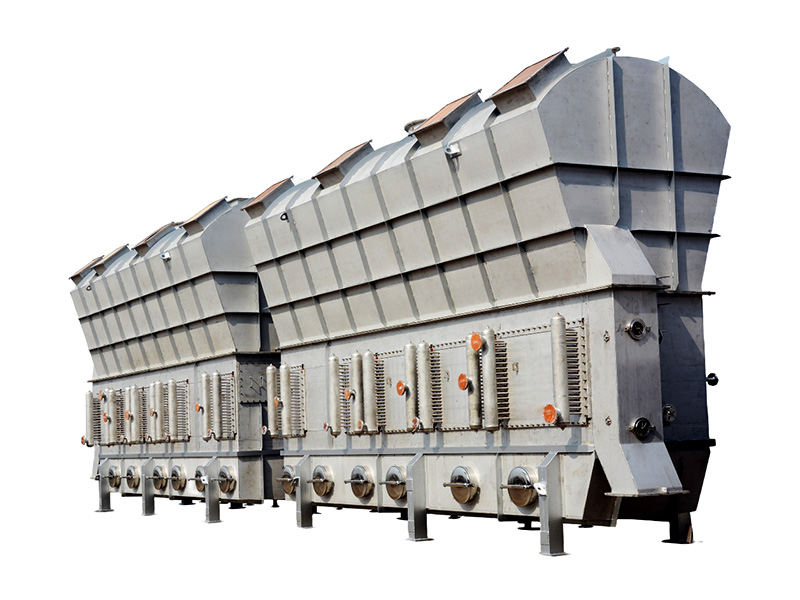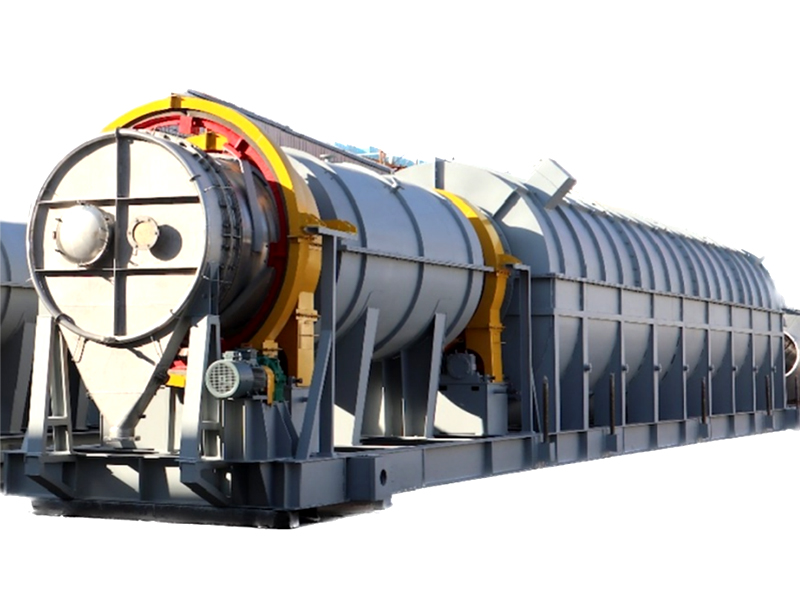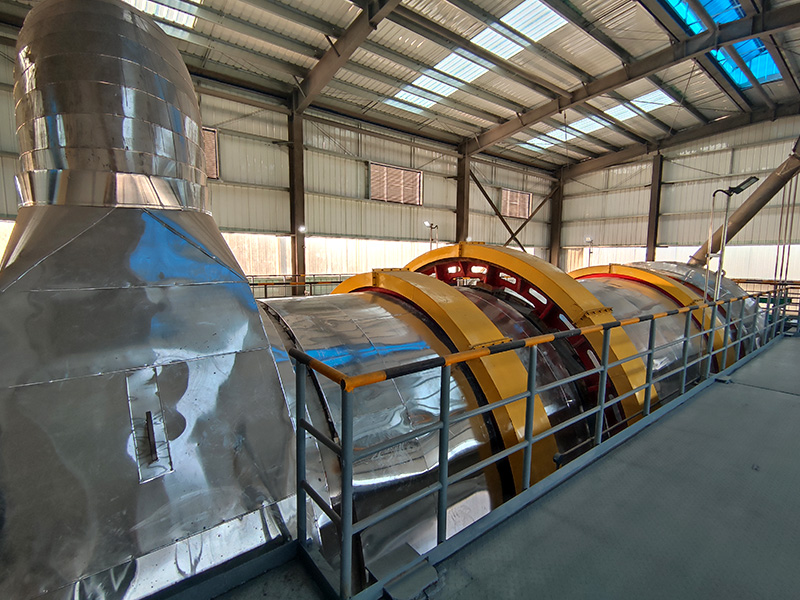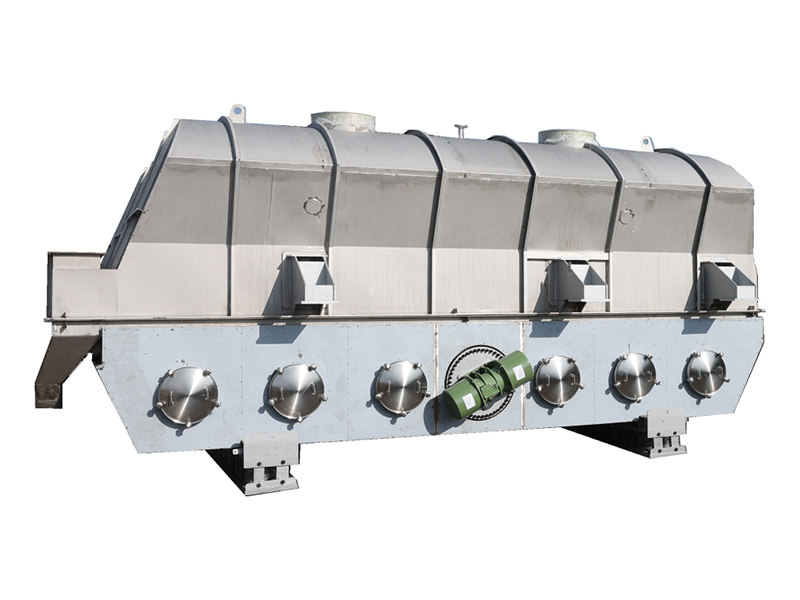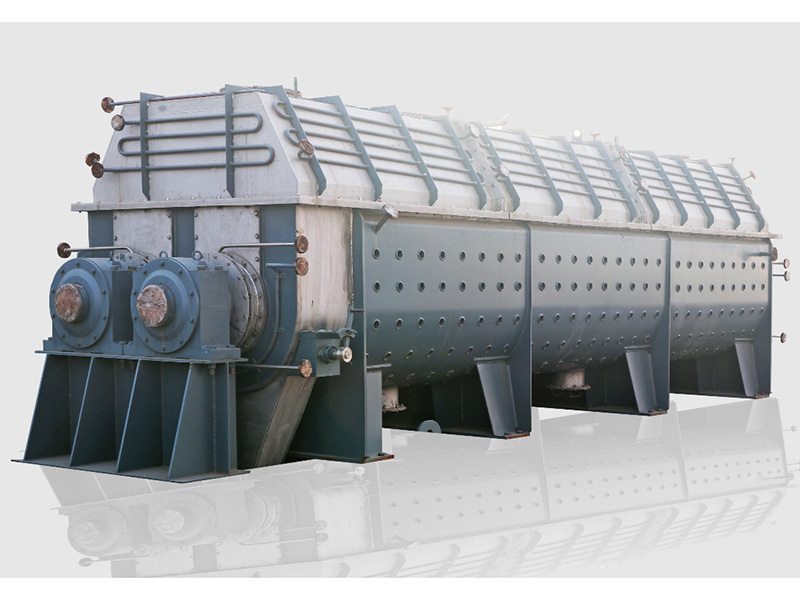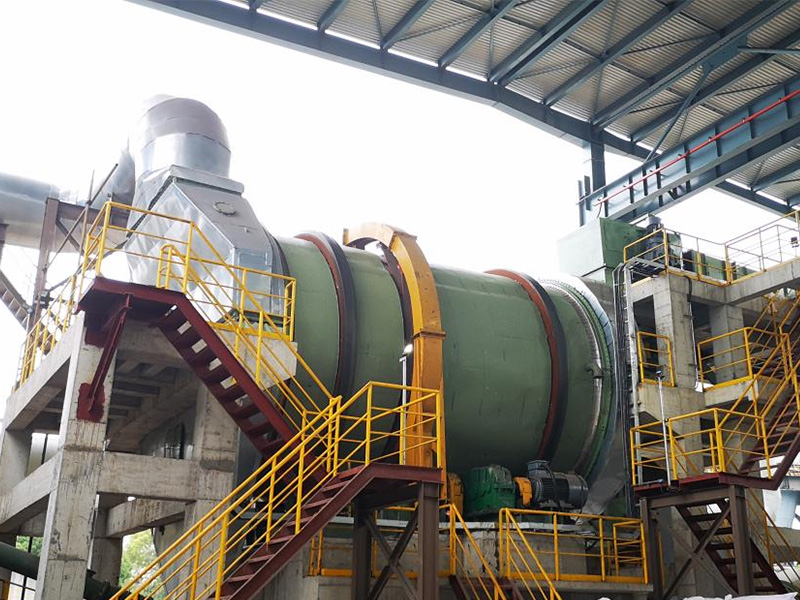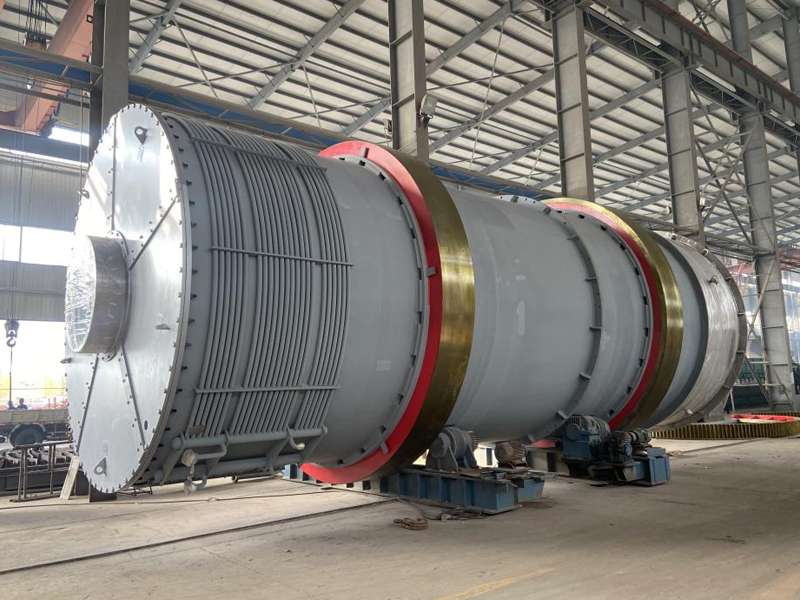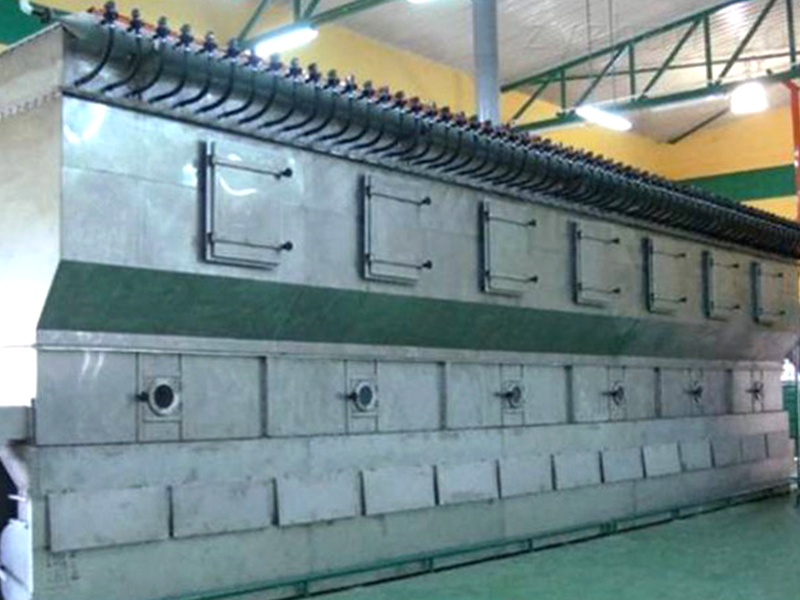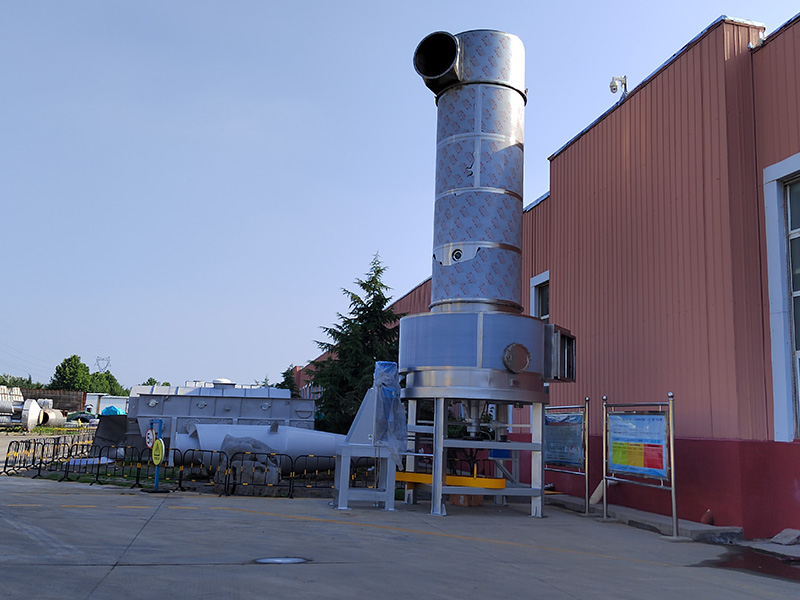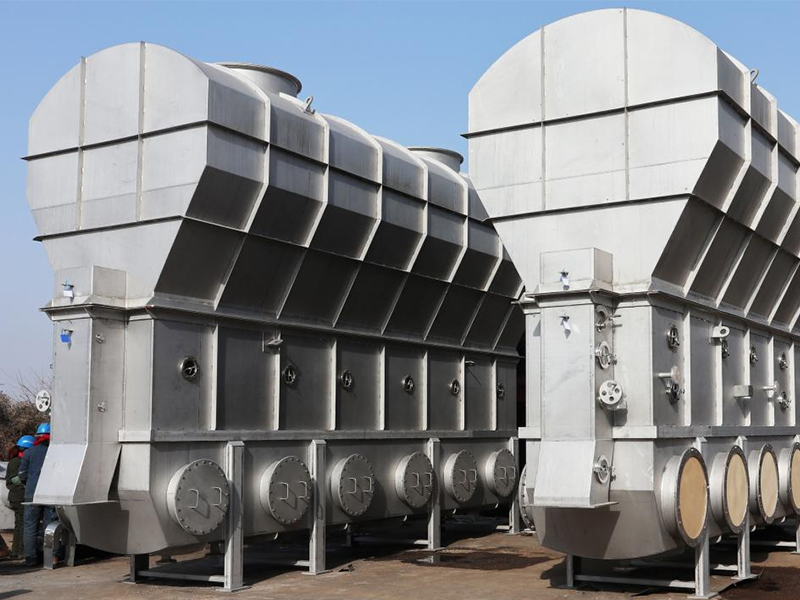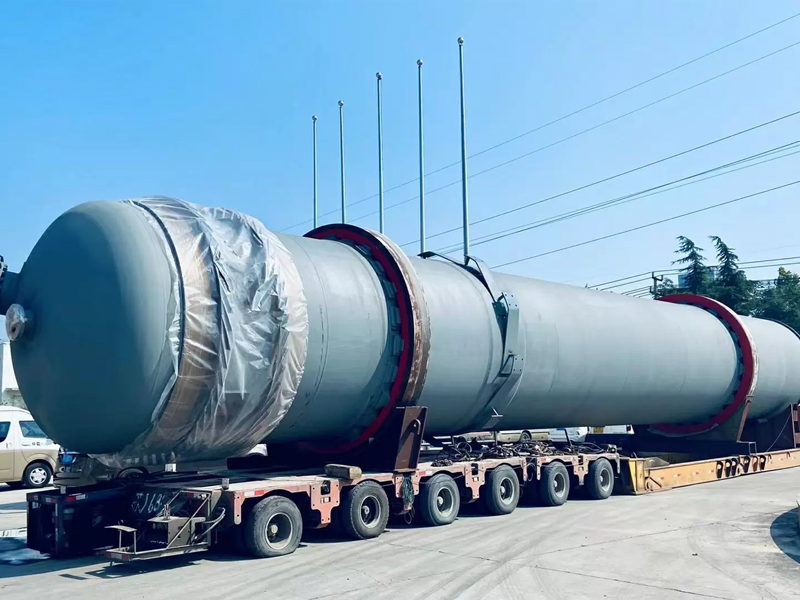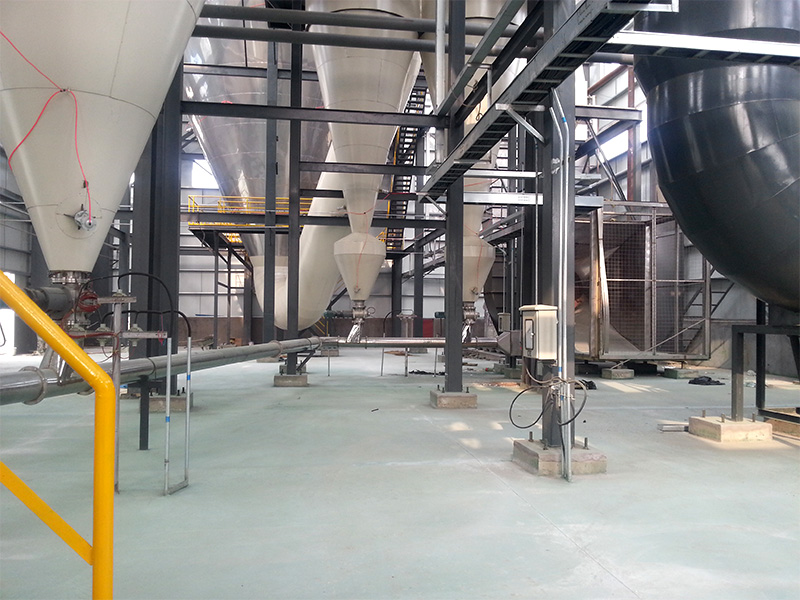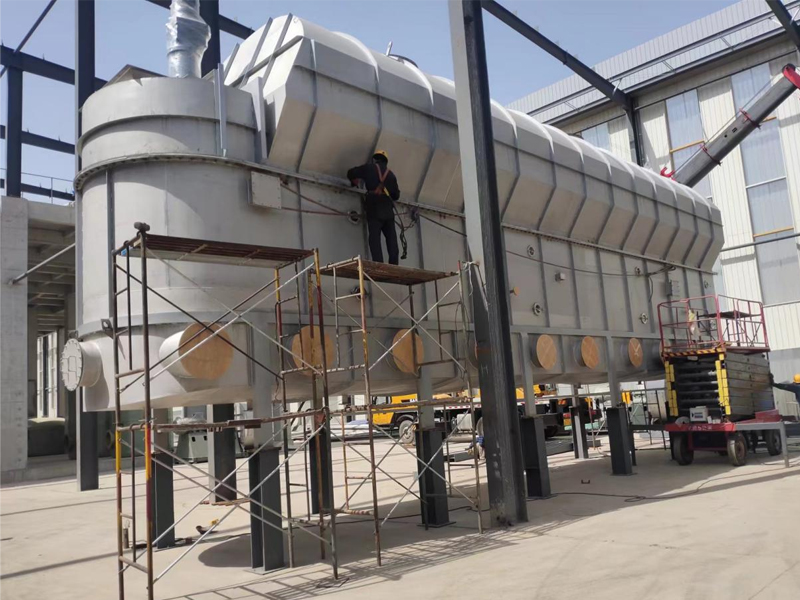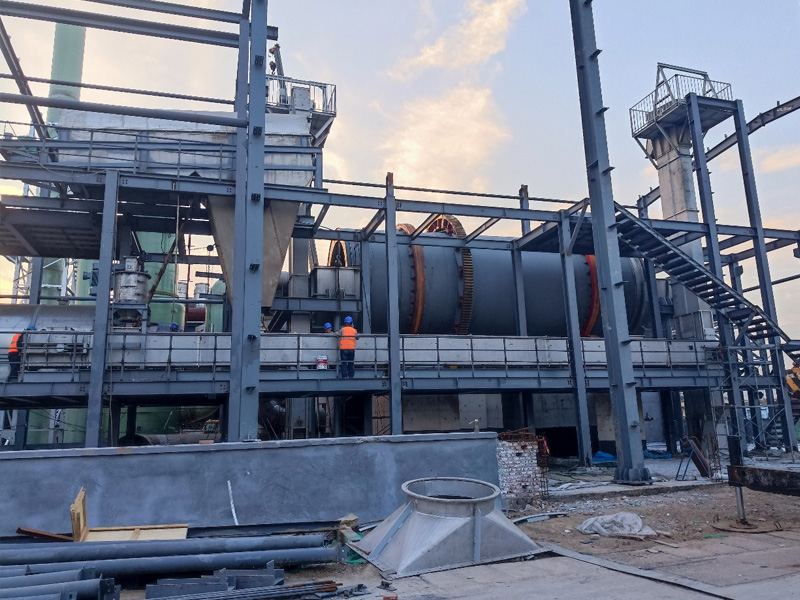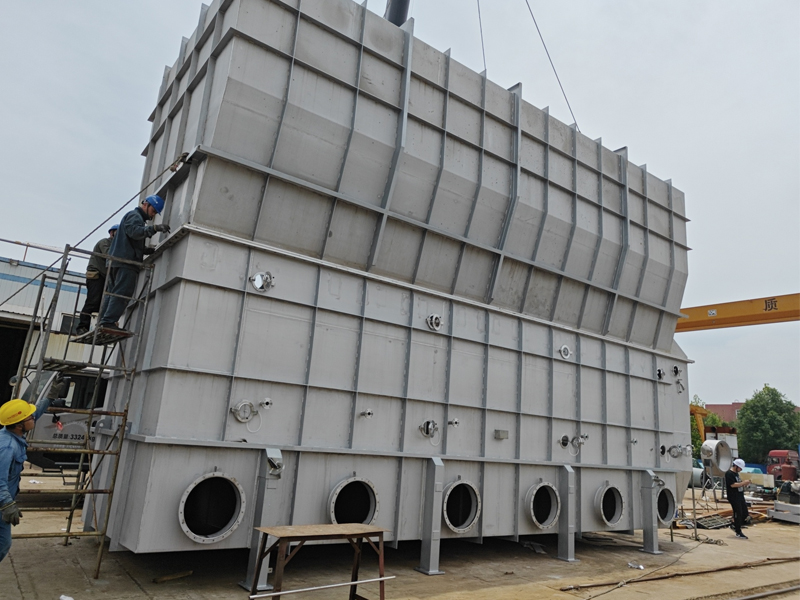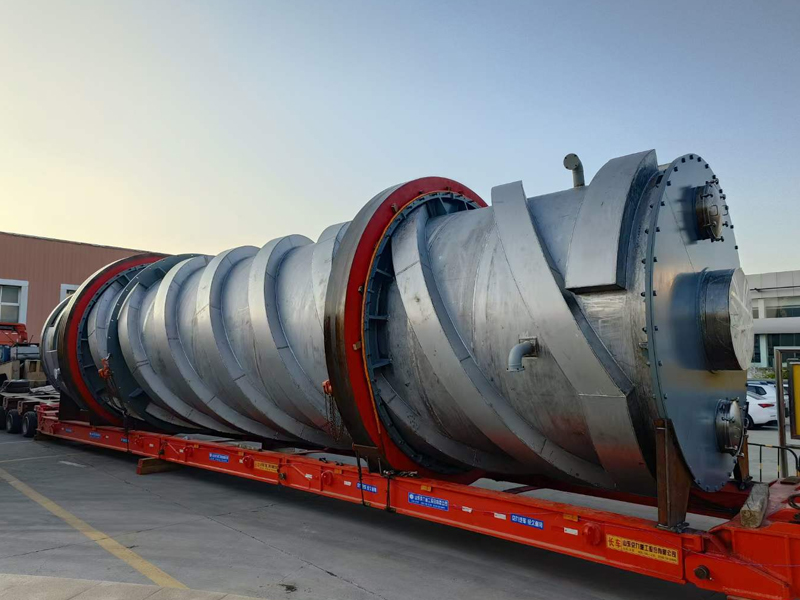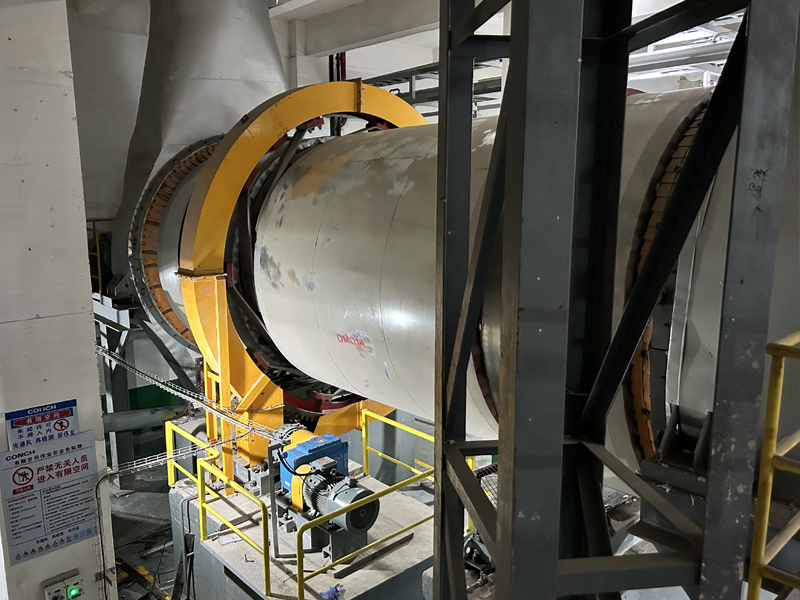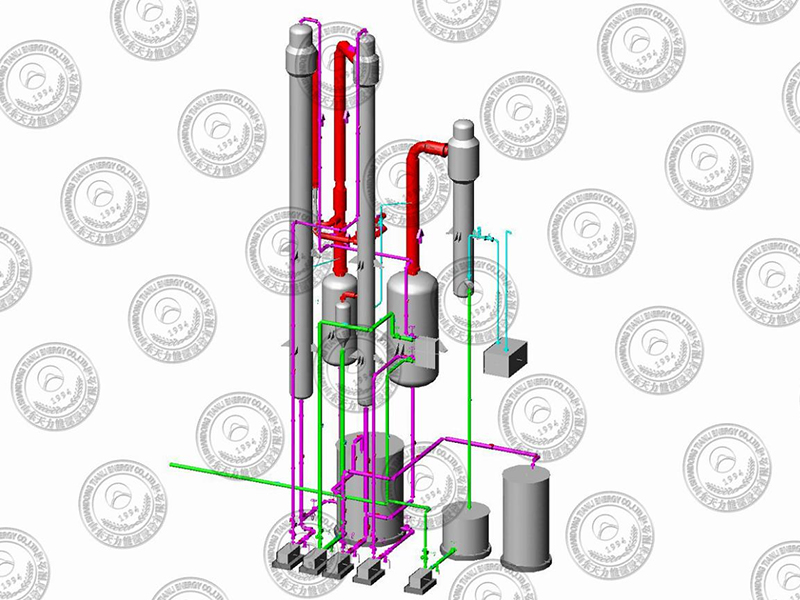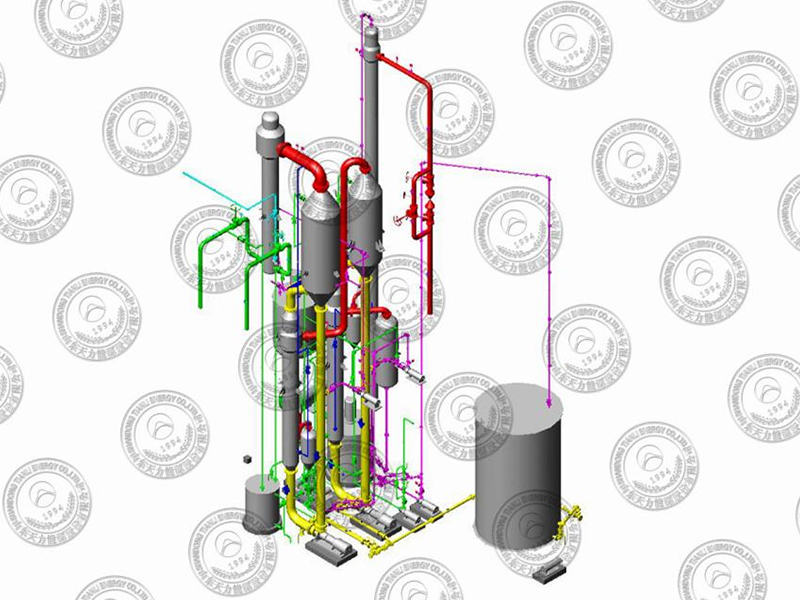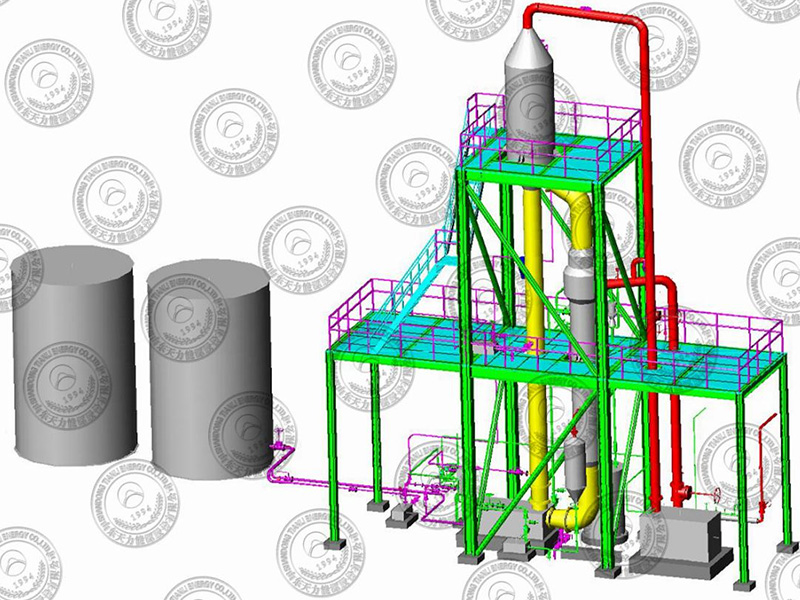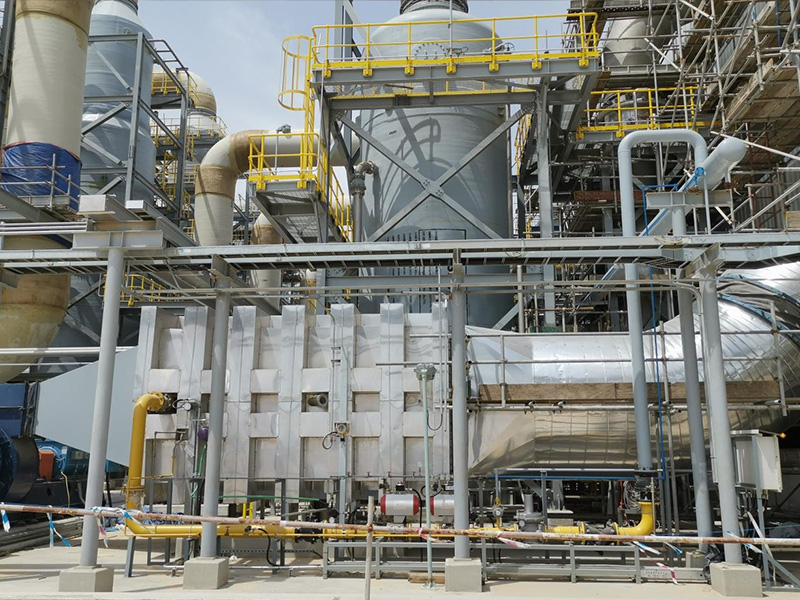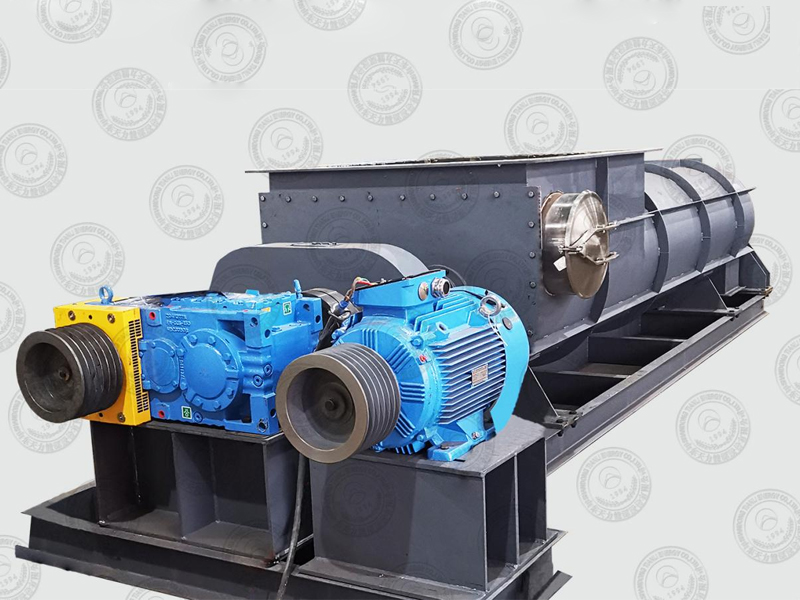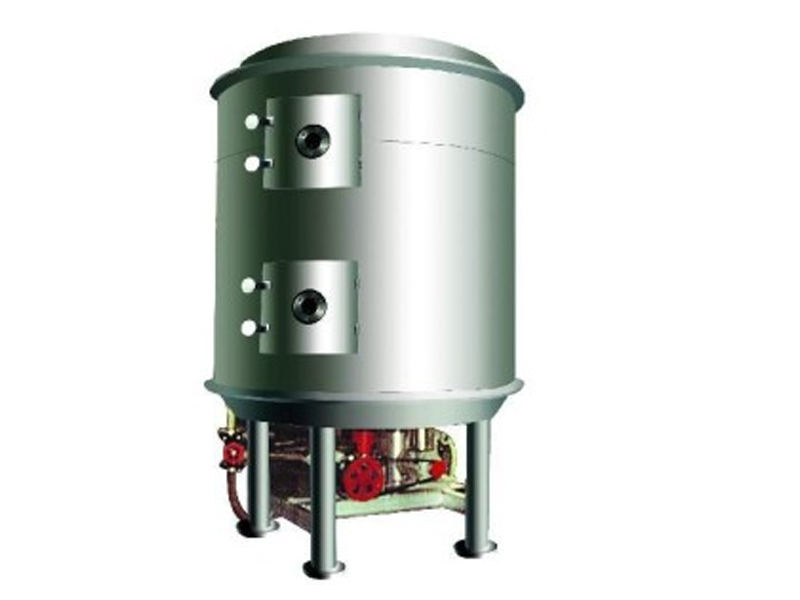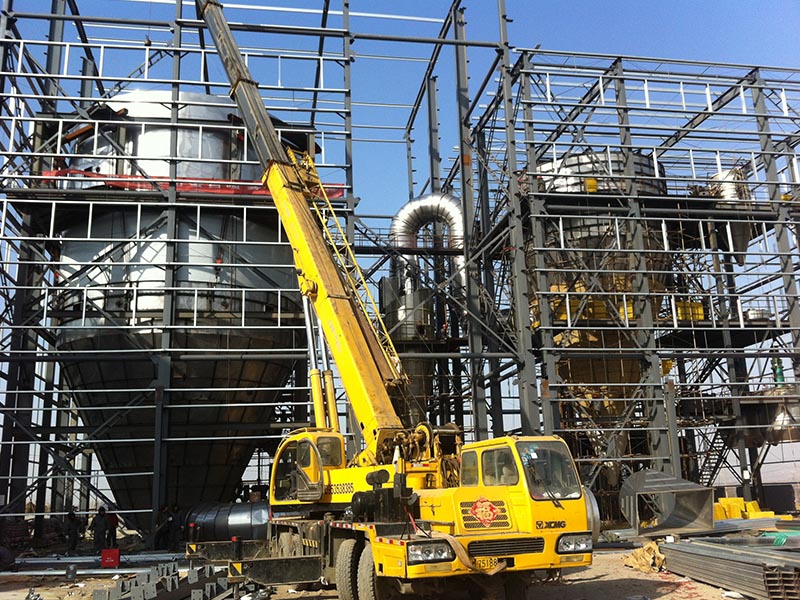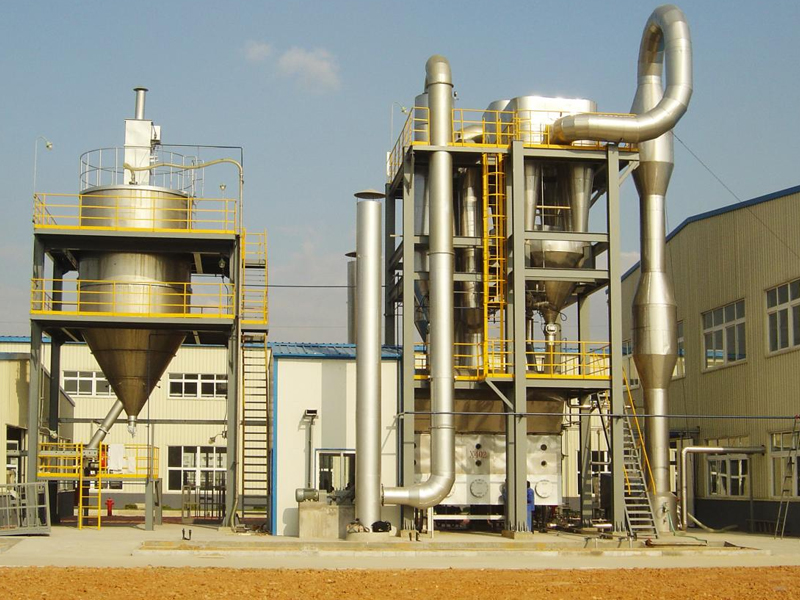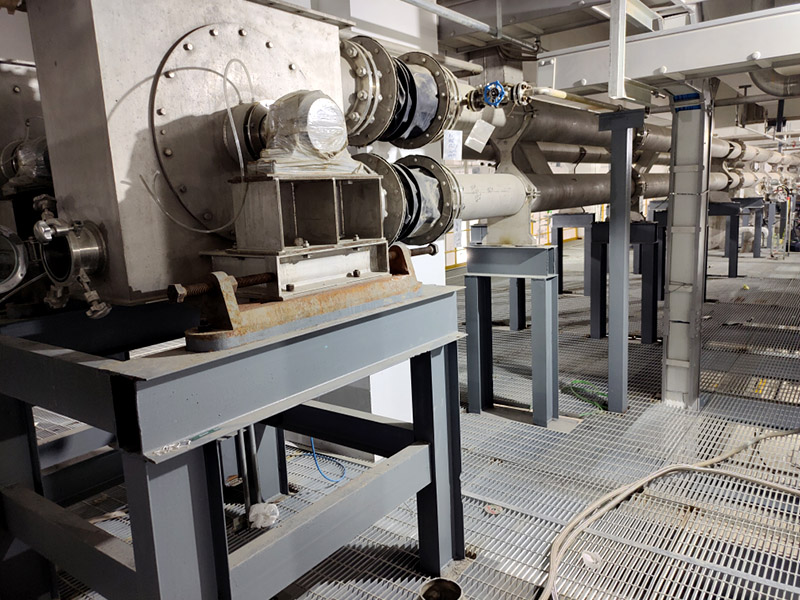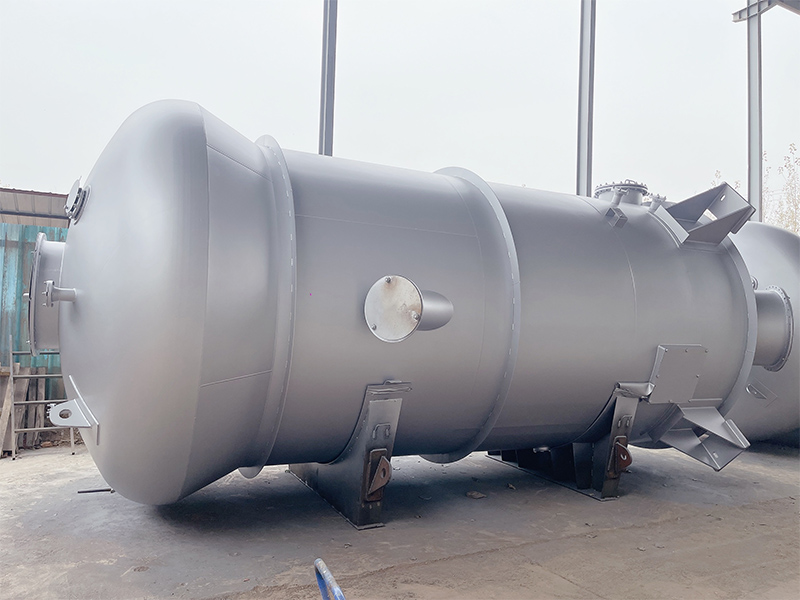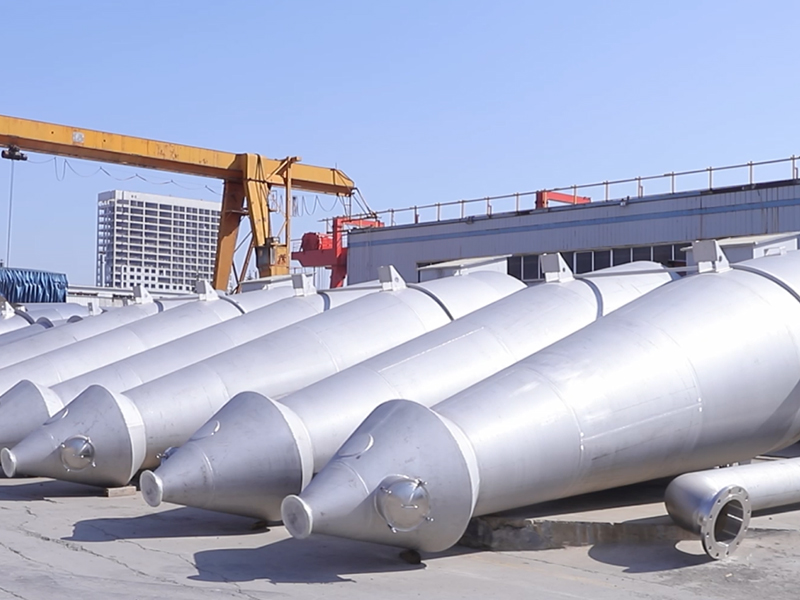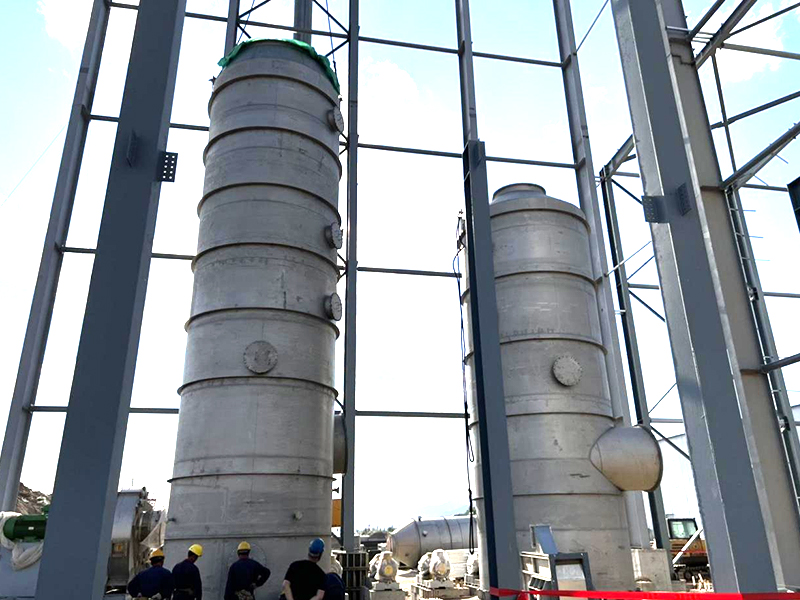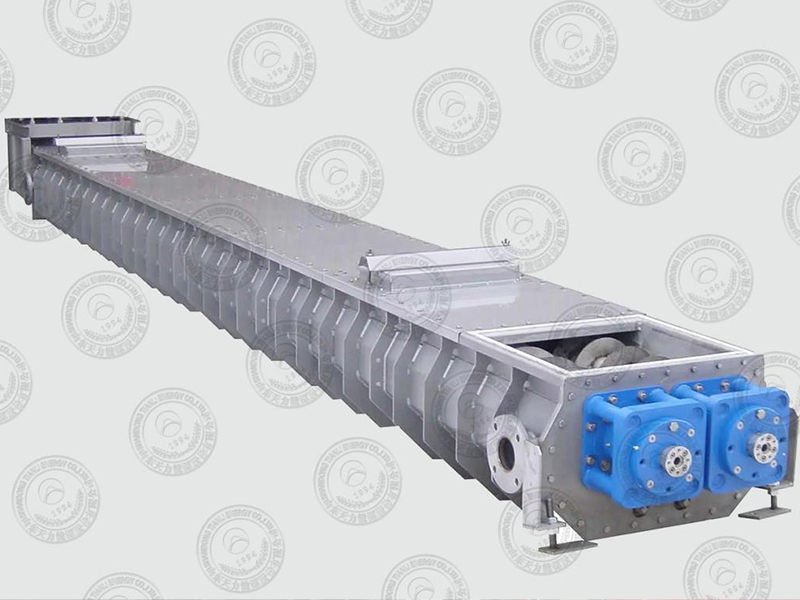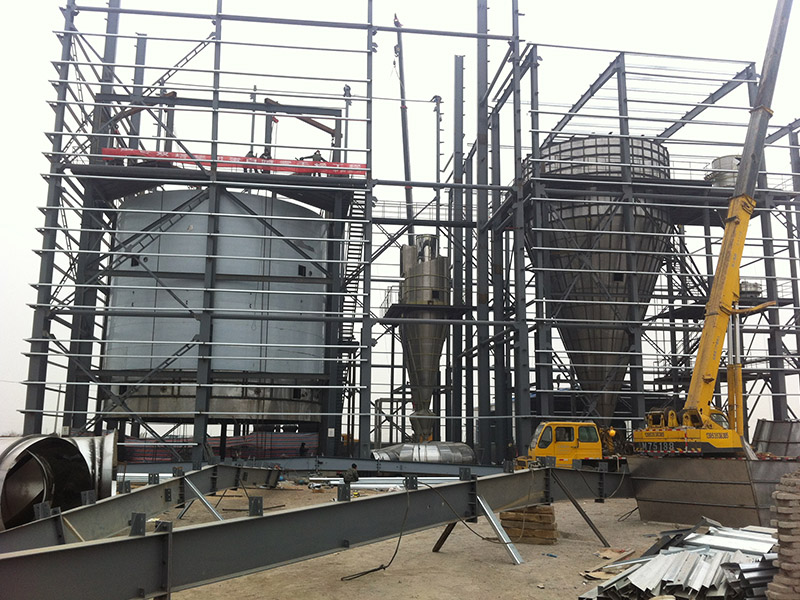LIST
PRODUCTS
Contact us
Centrifugal Spray Dryer
- Tianli
- China
Equipment Structure
Equipment Structure
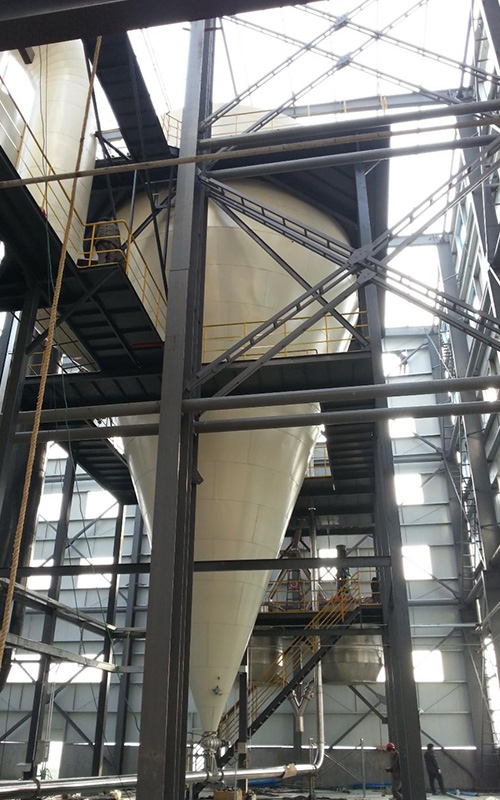
1. Centrifugal atomization system
The core component is a high-speed centrifugal atomizer, which is driven by the VFD motor. The atomization disk can be made of alumina ceramic, tungsten carbide alloy or food-grade stainless steel. The atomization disk structure is divided into smooth type, multi-blade type and flow-guiding type, which are suitable for materials of different viscosities.
2. Drying chamber unit
The main body adopts a carbon steel/stainless steel cylindrical structure, with the feed distributor and hot air volute on the top. The hot air spiral inlet angle is optimized through CFD simulation to form a uniform annular gap flow field to ensure the standard deviation of the material residence time distribution.
3. Heating and air system
Supports multiple heat sources such as steam, natural gas, and electric heating, integrates high-efficiency heat exchangers and air filters, and has high inlet temperature control accuracy. The induced draft system adopts a variable frequency fan to achieve precise control of the negative pressure in the drying chamber, and the matching air volume sensor monitors the air volume in real time.
4. Gas-solid separation system
The two-stage recovery scheme of "cyclone separator + pulse bag filter" is adopted: the first-stage cyclone separator processes the main product flow, and the second-stage bag filter captures fine powder, and the final exhaust gas emission is ≤20mg/m³ (better than GB16297 standard). Wet scrubber can be optionally equipped to handle special dust conditions.
5. Intelligent control system
The distributed control system based on PLC+SCADA monitors key parameters such as atomizer speed, inlet air temperature, and system negative pressure in real time. The integrated material balance model and PID self-tuning algorithm automatically adjust the feed amount to match the hot air volume to ensure the moisture content.
Working Principle
1. Centrifugal atomization stage
The liquid is pumped to the atomizer feed pipe. Under the centrifugal force of the high-speed rotating atomizer disk, the liquid expands into a thin film along the disk surface and splits into uniform droplets. The particle size distribution conforms to the Rosin-Rammler distribution, and the specific surface area is significantly increased, providing a mass transfer basis for rapid drying.
2. Heat and mass exchange stage
The clean hot air heated to the set temperature enters the drying chamber from the volute tangent, and forms a co-current or counter-current contact with the atomized droplets. The moisture on the surface of the droplets is dried at a constant speed, and the internal moisture continues to evaporate in the deceleration stage through diffusion. For heat-sensitive materials, the active ingredient retention rate can be achieved by controlling the inlet air temperature and the trajectory of the droplet movement.
3. Solid-gas separation stage
The dried particles move to the bottom of the cone under the action of gravity and airflow, and are collected by the discharge valve; the fine powder enters the cyclone separator with the exhaust gas, and the clean gas after separation is filtered by the bag filter and discharged. The whole process is controlled by closed-loop negative pressure to ensure that there is no dust overflow.
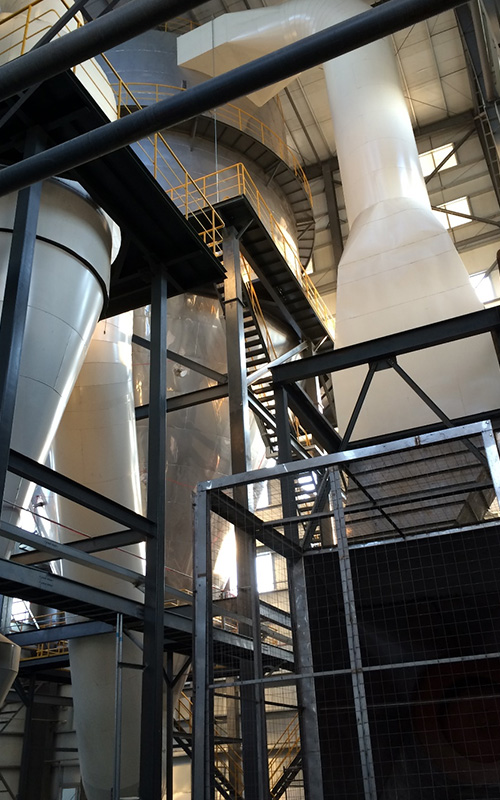
Core Technology Advantages
1. Excellent atomization controllability
The centrifugal atomizer can achieve precise control of particle size distribution by adjusting the speed and atomizing disk structure, meeting the strict requirements of different industries for finished product particle size.
2. Efficient processing of high-viscosity materials
The unique atomizing disk diversion design can process high-viscosity paste materials without dilution pretreatment, and directly dry them into particles with good fluidity, avoiding the nozzle blocking problem of traditional pressure drying.
3. Protection of heat-sensitive materials
The low inlet temperature process is combined with large-particle atomization technology to keep the surface temperature of the material below the thermal threshold, which is suitable for drying of biological products.
4. Energy-saving and consumption-reducing design
The optimized hot air circulation system (equipped with waste heat recovery device) and low-resistance air duct structure significantly improve thermal efficiency.
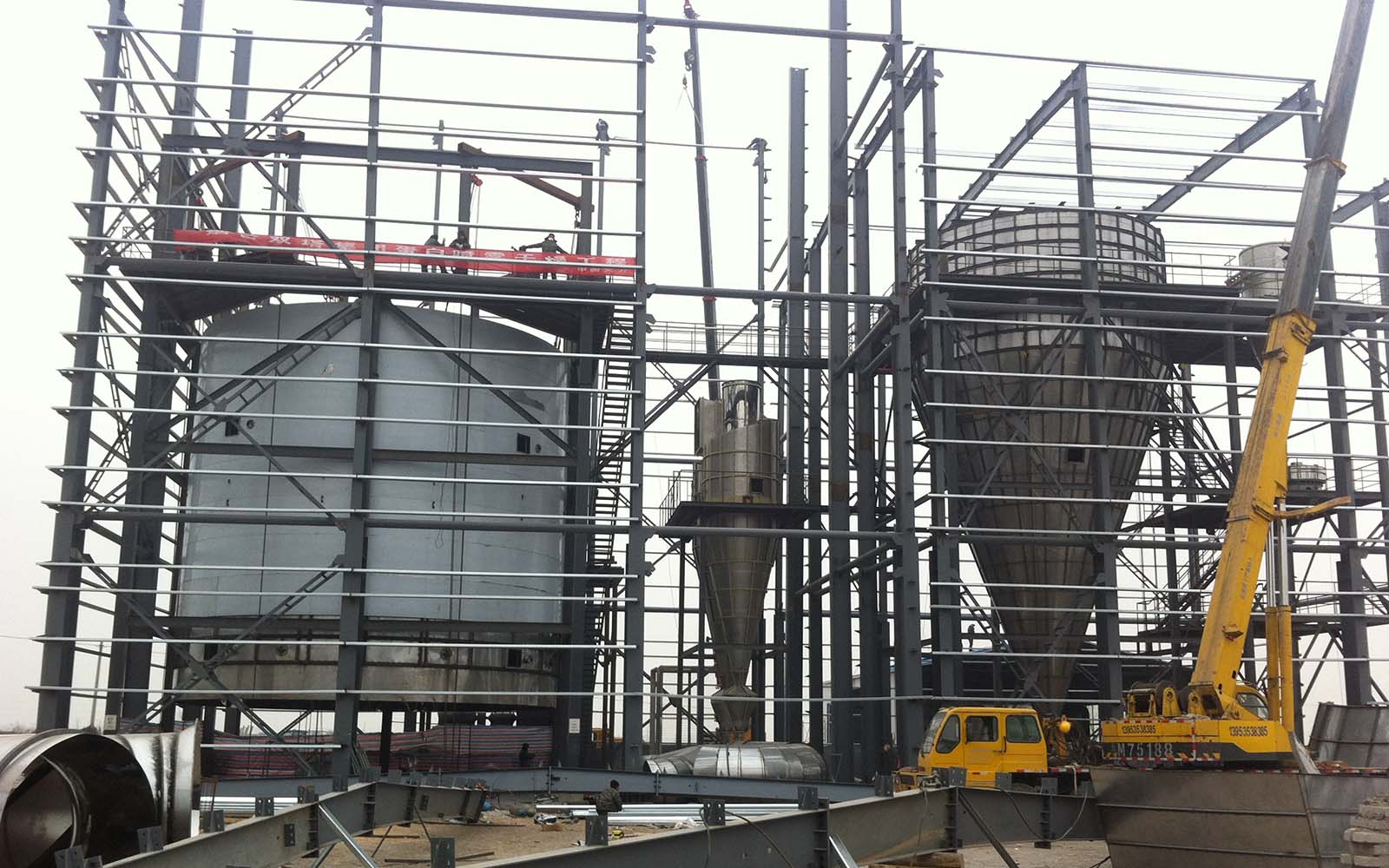
Applicable Industry Materials
1. Chemical industry: dyes, catalysts, resins, fertilizers, etc., to meet the drying needs of materials with different chemical properties.
2. Pharmaceutical industry: vitamins, pharmaceutical excipients, etc.
3. Environmental protection: mud, sewage treatment sludge, etc., to achieve efficient dehydration and resource utilization of high-water content materials.


